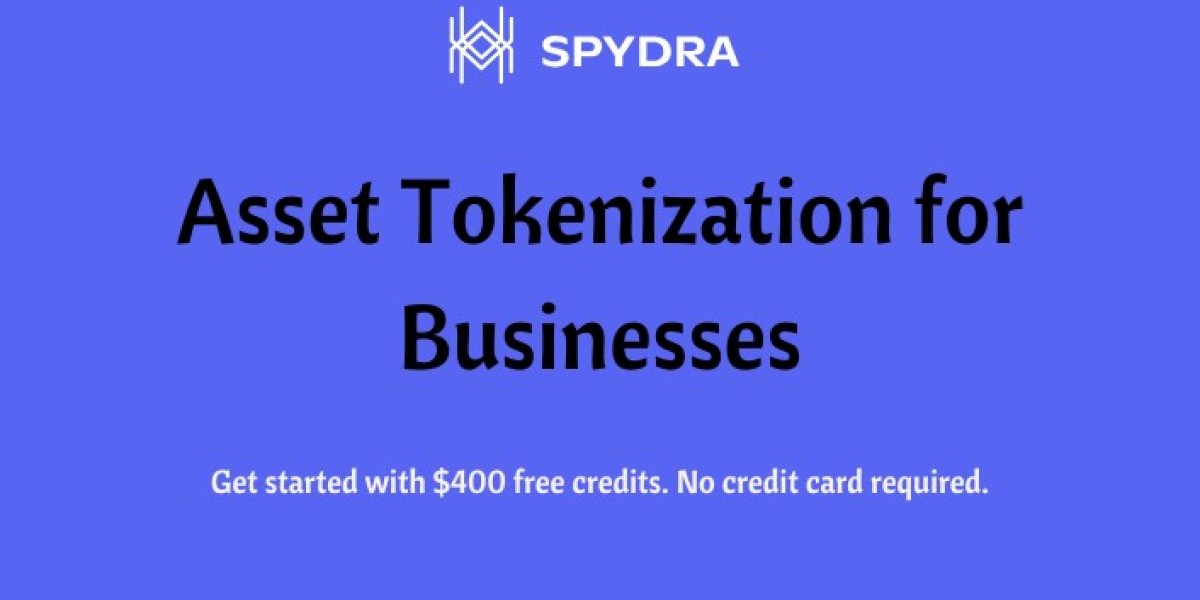Introduction
In 2025, asset tokenization has emerged as a game-changing innovation, redefining how businesses manage and trade assets. It involves converting tangible and intangible assets into digital tokens on a blockchain, ensuring higher liquidity, enhanced transparency, and global accessibility. The demand for secure and efficient investment models is accelerating the adoption of asset tokenization platforms, making them indispensable for modern enterprises. Businesses are also increasingly turning to blockchain solution consultancy services to help them navigate this evolving ecosystem. As the global economy shifts toward decentralized finance, tokenization presents powerful opportunities that businesses can no longer ignore.
What is Asset Tokenization?
Asset tokenization is the digital representation of real-world assets—such as real estate, commodities, or equities—on a blockchain. These tokens are backed by physical assets and can be traded digitally. The process is secure, immutable, and transparent, thanks to blockchain technology.
Asset tokenization allows for fractional ownership, breaking down large assets into smaller, tradable units. This not only democratizes access to investments but also improves liquidity in traditionally illiquid markets. By using asset tokenization platforms, businesses can tokenize almost any asset type and offer it to a global pool of investors.
The Role of Asset Tokenization Platforms
An asset tokenization platform is a technological solution that enables the digitization of assets through blockchain. These platforms are designed to:
Create and issue tokens
Manage ownership and compliance
Facilitate secondary trading
The automation of these processes through smart contracts reduces the need for intermediaries, leading to lower operational costs and faster transactions. Businesses that leverage these platforms can streamline their investment models and reach global markets with ease.
Blockchain Solution Consultancy: Navigating the Future
Entering the tokenization space requires more than just technology—it needs strategy, compliance, and technical expertise. This is where blockchain solution consultancy services play a critical role. These consultancies guide organizations in:
Choosing the right blockchain infrastructure
Designing compliant tokenomics
Managing legal and regulatory risks
Integrating tokenization with existing business operations
By working with expert consultants, companies can mitigate risks, ensure security, and fast-track their entry into decentralized finance.
Benefits of Asset Tokenization
1. Liquidity Enhancement
Tokenization allows fractional ownership, making high-value assets more affordable and tradable. Investors can buy and sell fractions of assets without needing to liquidate the entire asset.
2. Transparency and Security
Every transaction is recorded on the blockchain, providing a transparent and tamper-proof audit trail. This builds trust among investors and stakeholders.
3. Lower Costs
By eliminating intermediaries, tokenization significantly reduces costs associated with asset management and transaction processing.
4. Global Market Access
Tokenized assets can be traded 24/7 across borders, enabling companies to tap into global investor pools and expand their reach.
5. Improved Efficiency
Smart contracts automate critical functions like dividends, compliance checks, and ownership transfers—reducing administrative overhead.
Real-World Use Cases in 2025
Asset tokenization has already begun reshaping several industries:
Real Estate: Tokenized real estate offers affordable entry points for small investors and enables faster transactions without middlemen.
Commodities: Gold, oil, and agricultural goods can be tokenized for transparent, real-time trading.
Art and Collectibles: Tokenizing unique items provides proof of ownership and streamlines auctions.
Equity and Bonds: Companies can issue tokenized securities, increasing liquidity and simplifying investor management.
Challenges to Overcome
While the benefits are compelling, businesses must also be aware of the hurdles:
Regulatory Ambiguity: Laws vary by country, and clarity is still developing.
Technology Integration: Existing infrastructure may need upgrades to support blockchain functionalities.
Market Education: Businesses and investors still require awareness and confidence in using tokenized assets.
These challenges, however, are being gradually addressed through innovation, global standardization efforts, and professional blockchain solution consultancies.
The Future of Tokenization
Looking ahead, the rise of decentralized finance (DeFi), institutional interest, and digital transformation initiatives will propel asset tokenization into mainstream adoption. More governments and financial bodies are working to define legal frameworks, and technology is evolving to support large-scale applications.
Enterprises that embrace tokenization in 2025 will not only future-proof their operations but also unlock new revenue streams, improve capital efficiency, and deliver greater value to stakeholders.
Conclusion
Asset tokenization in 2025 is revolutionizing how the world perceives ownership, investment, and access to capital. By leveraging robust asset tokenization platforms and expert blockchain solution consultancy services, businesses can harness the full potential of this innovation. Whether you're in real estate, finance, or technology, now is the time to explore what asset tokenization can do for your growth strategy.
The future is tokenized, and the opportunities are limitless.






